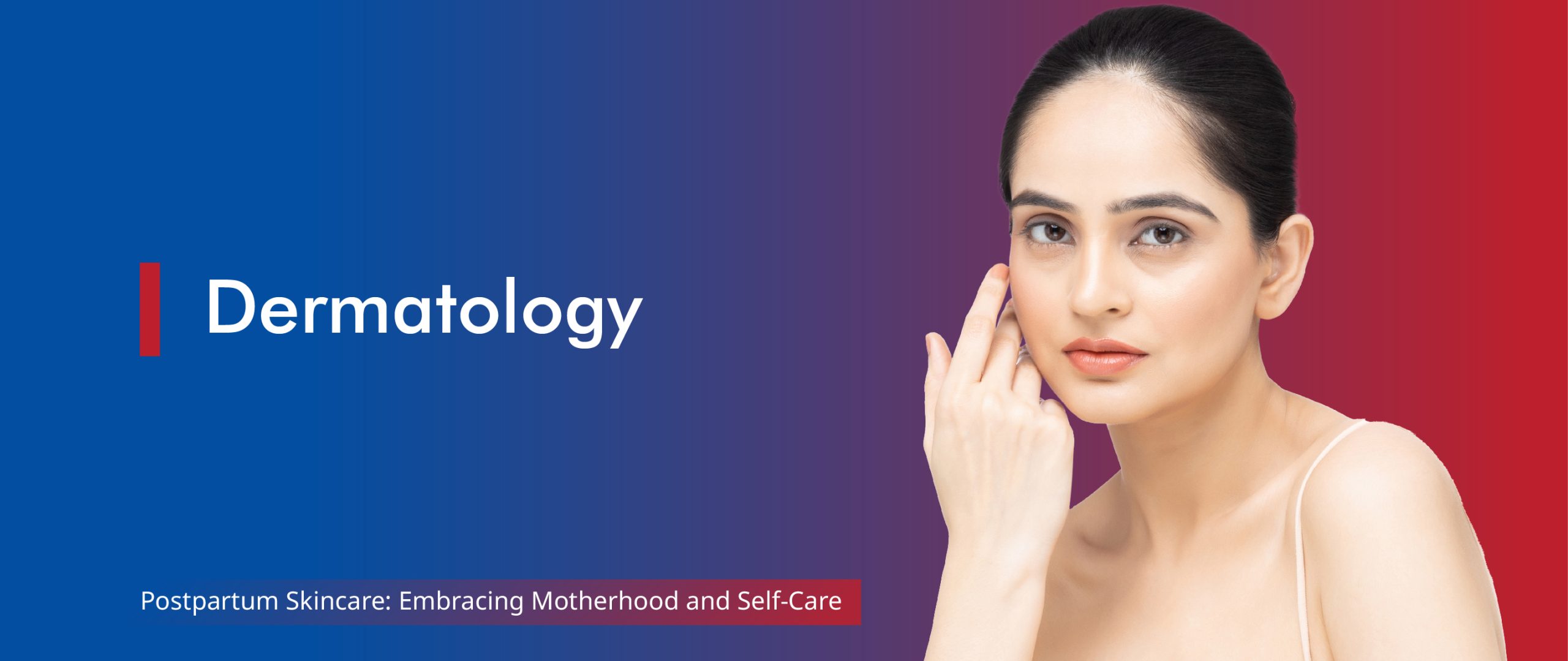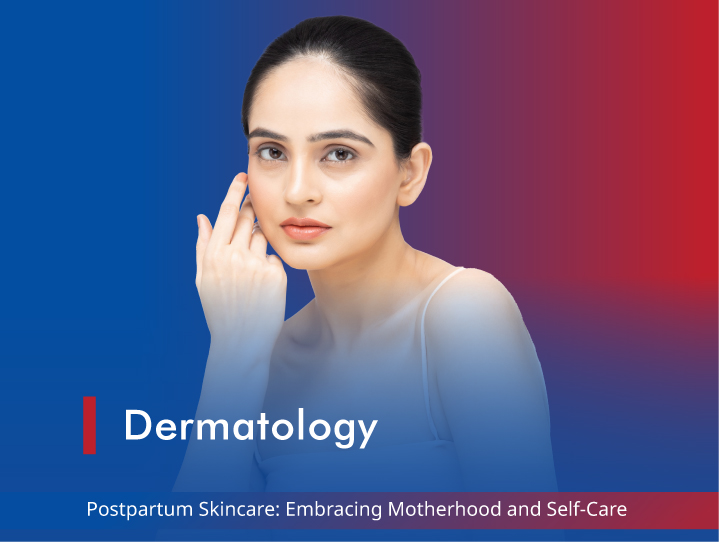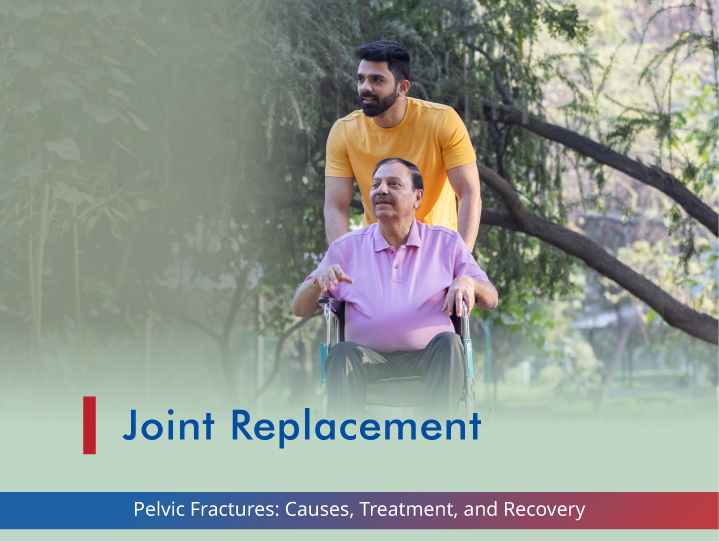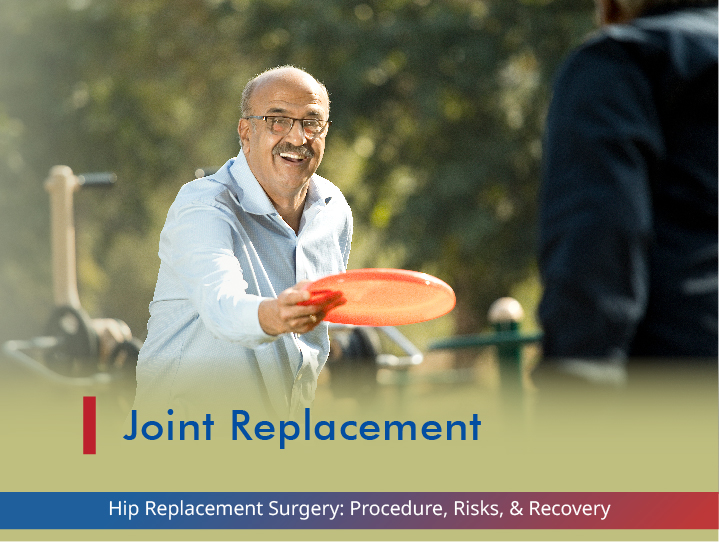Postpartum skincare is important because pregnancy causes major changes in a woman’s body, and the skin is no exception. While you may have experienced the pregnancy “glow,” the postpartum period introduces new challenges for your skin. Hormonal changes, stress, lack of sleep, and physical recovery all play a role in how your skin looks and feels after giving birth. By making a few simple changes to your skincare routine after delivery, you can support your skin’s healing and help it regain its balance during this special phase.
Let us first understand postpartum skin issues
Common Postpartum Skin Concerns
- Postpartum Acne: Hormonal imbalances after giving birth can lead to breakouts, even if your skin was clear during pregnancy. These hormonal changes can cause an overproduction of oil, leading to clogged pores and blemishes. This results in inflammation of the skin and acne outbreaks.
- Melasma (The Mask of Pregnancy): As part of after-pregnancy face care, it’s important to manage melasma carefully. Melasma refers to skin hyperpigmentation, often on the face, that can persist after pregnancy. It can occur due to hormonal imbalances and increased stress. While it often fades with time, sun exposure can exacerbate it.
- Dry and Sensitive Skin: Post-pregnancy skin care is crucial, especially for new moms with dry and sensitive skin. Some moms may experience dryness or heightened sensitivity weeks after giving birth due to hormonal changes. Dry skin may also be a result of breastfeeding.
- Stretch Marks: While stretch marks are common during pregnancy, they can continue to evolve postpartum and turn darker. They may change in colour or texture as your body heals.
- Dark Circles and Puffiness: Sleepless nights can lead to tired-looking eyes, characterized by puffiness, dark circles, and fine lines.
Post-pregnancy Skincare Tips
- Be Gentle: During postpartum, your skin may be more sensitive than usual. Therefore, avoid harsh scrubs or strong exfoliants from your after-pregnancy face care. Instead, opt for fragrance-free, mild, hydrating, and non-comedogenic cleansers that won’t irritate your skin or clog your pores. Moreover, washing your face twice a day is good practice for the skin.
- Hydrate Your Skin: Moisturizing is essential, especially when dealing with dryness or skin irritation. Therefore, your after-pregnancy face care must include creams or lotions that contain ingredients like hyaluronic acid, glycerin, vitamin E, or ceramides, which help lock in the moisture and maintain the skin’s natural pH level. If you’re breastfeeding, you must ensure your products are safe and free from potential irritants that could affect you or your baby. The use of natural butter like shea or coconut oil helps to keep the skin soft and gentle. Keeping skin hydrated, especially nipples, can also prevent nipple cracks experienced during postpartum.
- Sunscreen is Non-Negotiable: After-pregnancy face and skincare should always include sunscreen as a part of your daily routine, especially if you’re dealing with melasma or dark spots. Sun exposure can worsen hyperpigmentation, so use a broad-spectrum SPF 30 or higher every day, even when indoors. Mineral sunscreens (with zinc oxide or titanium dioxide) are often a safer choice for sensitive skin and nursing mothers. Repeat application is a must as each application provides protection for only a couple of hours.
- Treat Postpartum Acne with Care: If you are experiencing breakouts, resist the urge to use aggressive acne treatments. Many over-the-counter acne products contain ingredients like retinoids or salicylic acid that may not be safe during breastfeeding. Instead, look for benzoyl peroxide or sulfur-based products, which can help clear acne without posing risks. Changing diets may also help control hormonal imbalances.
- Focus on Nourishing Ingredients: Incorporate soothing, restorative ingredients into your post-pregnancy skincare routine. Niacinamide is an excellent option for calming inflammation, reducing redness, and soothing skin. Vitamin C can also help brighten the skin and reduce pigmentation, always start with lower concentrations if your skin is sensitive and always do a patch test.
- Stretch Mark Care: Though there’s no medical solution to erase stretch marks, including products with ingredients like shea butter, vitamin E, or hyaluronic acid in your post-delivery skin care can keep your skin hydrated and can help improve the appearance of stretch marks over time. Massaging your skin from time to time can also improve circulation and support healing.
Skincare and Self-Care: Achieving a Postpartum Balance
While the baby is the utmost priority, mothers are important too! Taking care of your skin postpartum isn’t just about addressing specific concerns—it’s also an act of self-care and a gentle reminder of self-worth. Here are a few ways to integrate postpartum skincare into your busy new-mom routine:
Simplify Your Routine: Time is precious with a newborn, so simplify your skincare steps. Stick to the essentials: cleanse, moisturize, and protect with sunscreen. You can add treatment products (like serums) as needed but focus on consistency over complexity.
Get Rest (When Possible!): Easier said than done, but sleep is crucial for skin recovery. During rest, your skin repairs itself, helping to reduce the appearance of dark circles and dullness. When you can, prioritize naps, and don’t feel guilty about it.
Stay Hydrated and Nourished: Hydration starts from within. Drink plenty of water throughout the day and maintain a balanced diet with nutrient-dense foods. Omega-3s, vitamins A, C, and E, and collagen-supporting foods like bone broth can support skin health from the inside out. Seek help from a dietician to learn better about postpartum diet for yourself and the baby.
Be Kind to Yourself: Postpartum recovery takes time, and your body (and skin) may not return to its pre-pregnancy state immediately. Embrace the changes and remember that it’s okay to have moments where things aren’t perfect. Ask help if needed for near and dear ones because you are human too! Celebrate small wins and take time to pamper yourself, whether that’s with a skincare routine or a quiet cup of tea.
When to Seek Professional Help
Sometimes, postpartum skin concerns go beyond the usual range of issues like dryness or breakouts. If you’re dealing with persistent melasma, severe acne, or any other skin conditions that don’t improve with a gentle post-pregnancy skincare routine, consult with a dermatologist. They can provide treatments that are safe for breastfeeding mothers and offer professional advice on how to manage more stubborn skin problems.
Conclusion
Postpartum skincare is about more than just appearance—it’s about nurturing yourself as your body heals and adjusts to life after birth. While your skin may present new challenges, with the right approach, you can restore balance and bring back that glow. Keep things simple, use gentle and nourishing products, and give yourself the time you need to adjust. Your skin will thank you for it!
P.S. Always check with your doctor or dermatologist if you’re unsure about the safety of certain ingredients, especially while breastfeeding.







